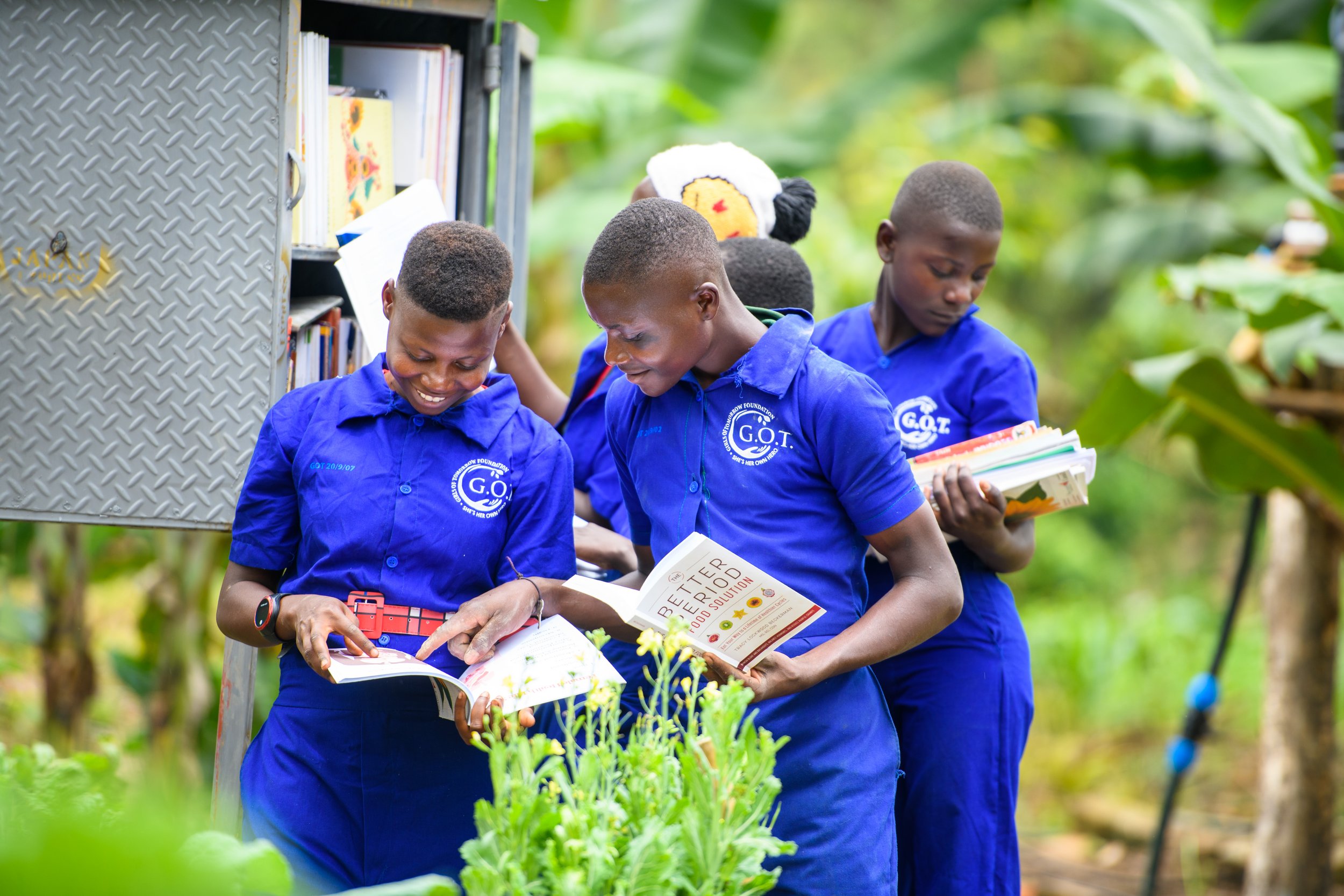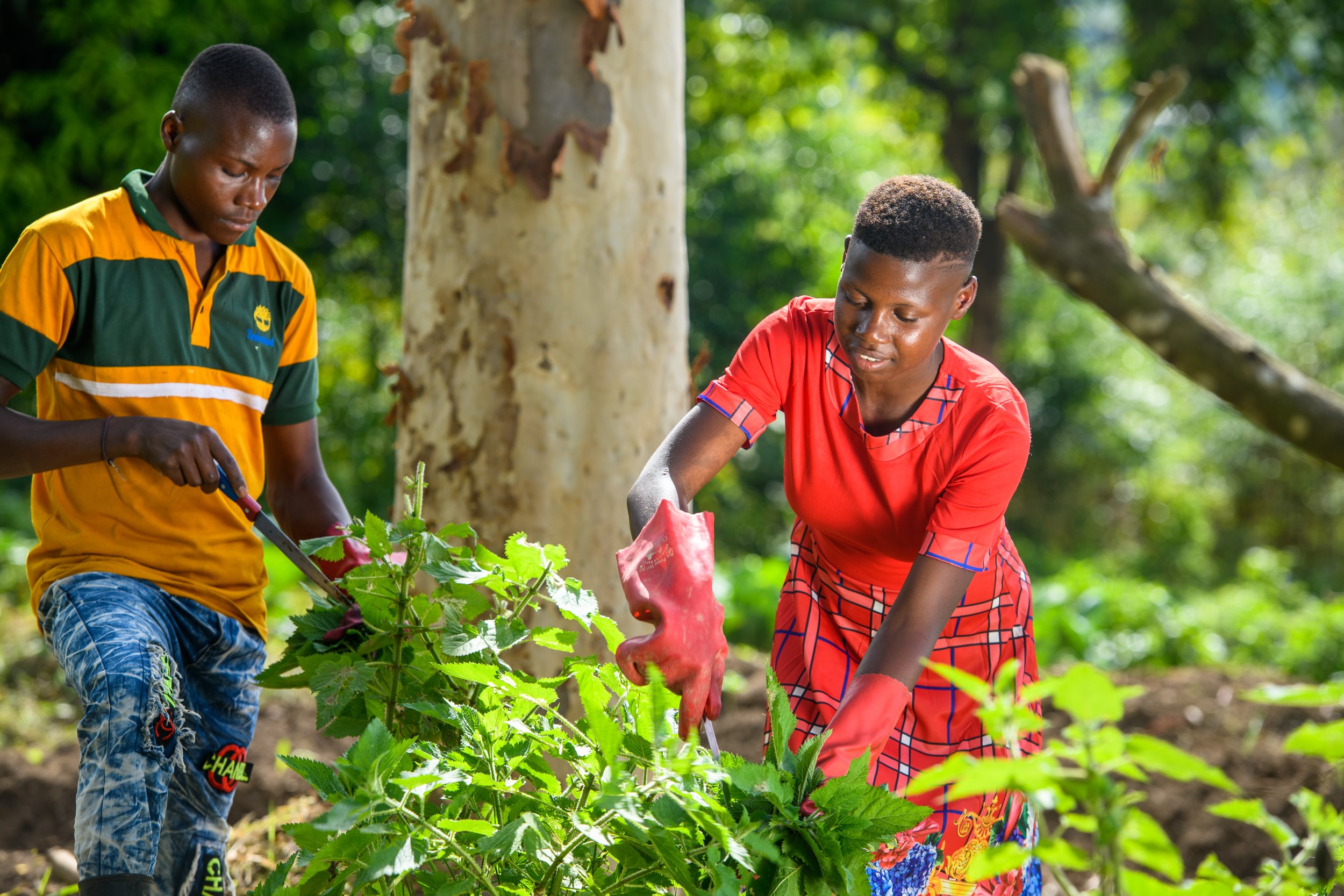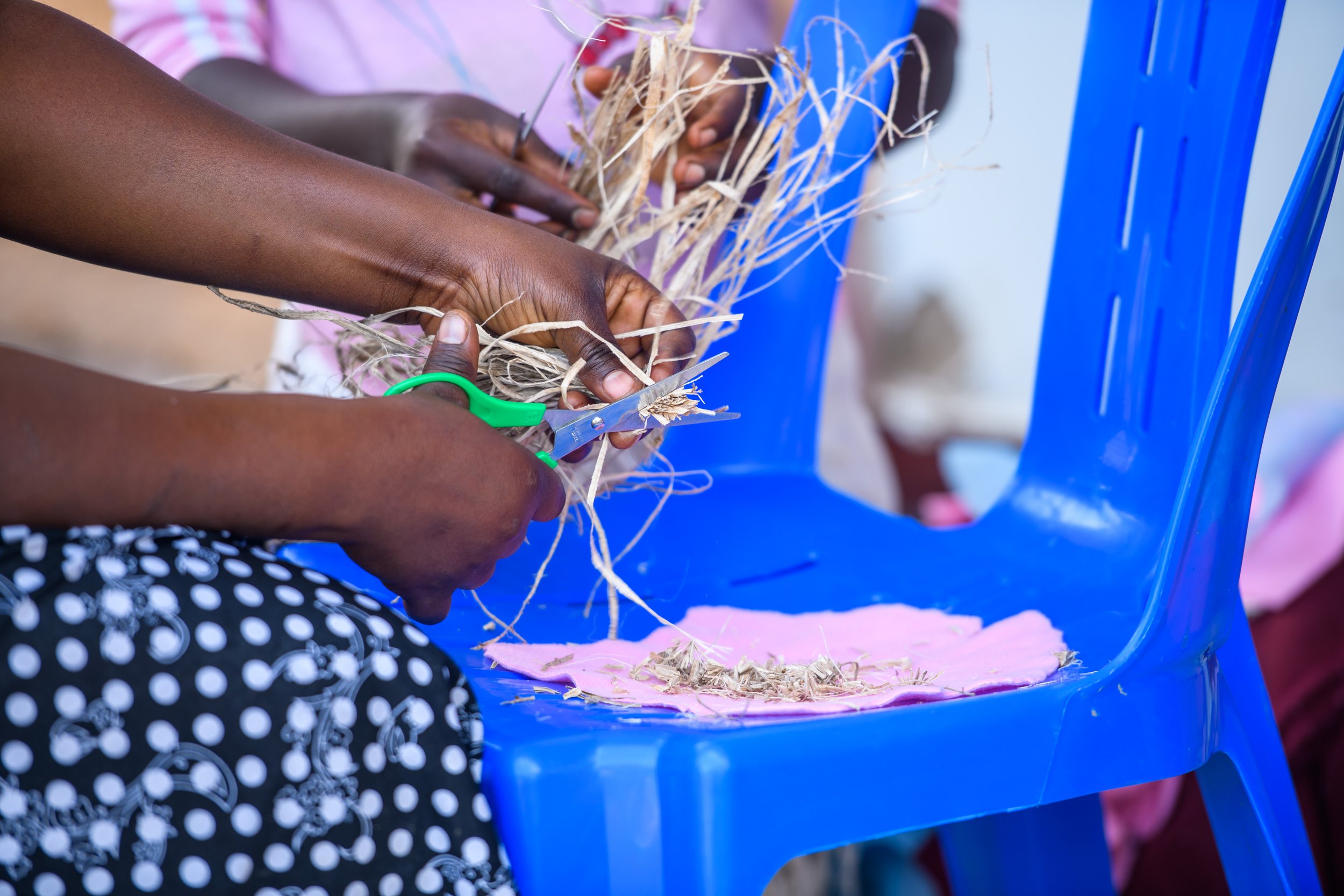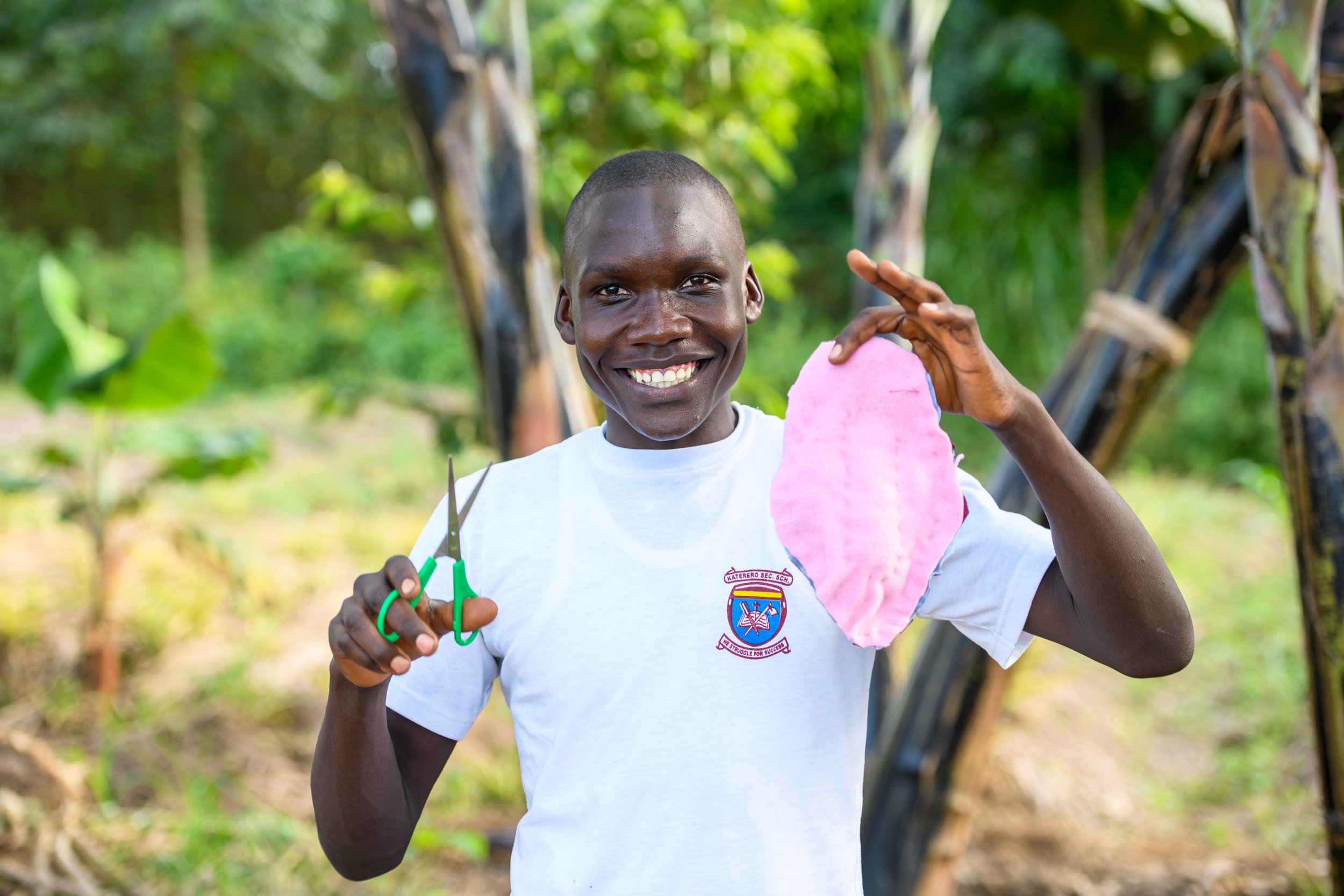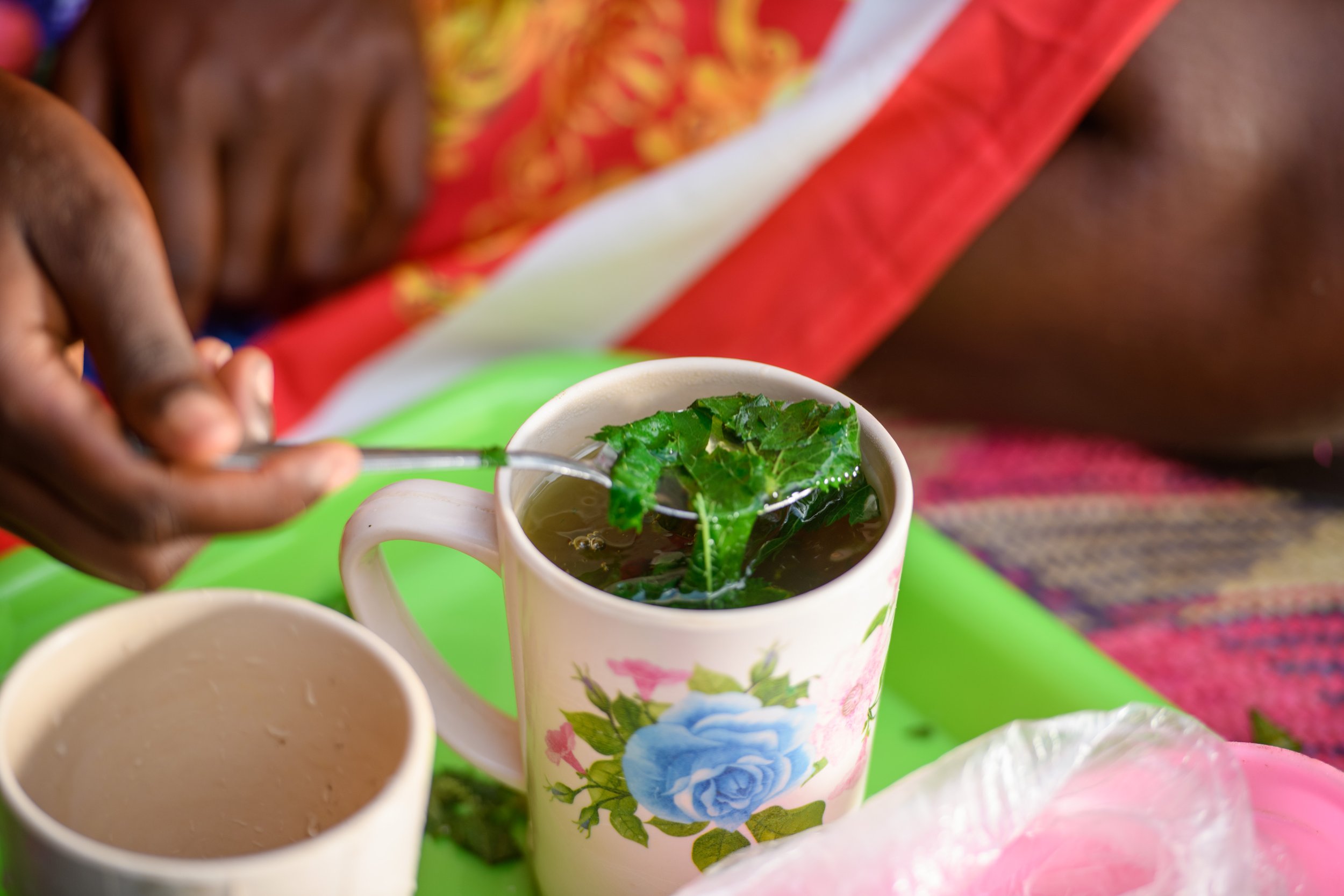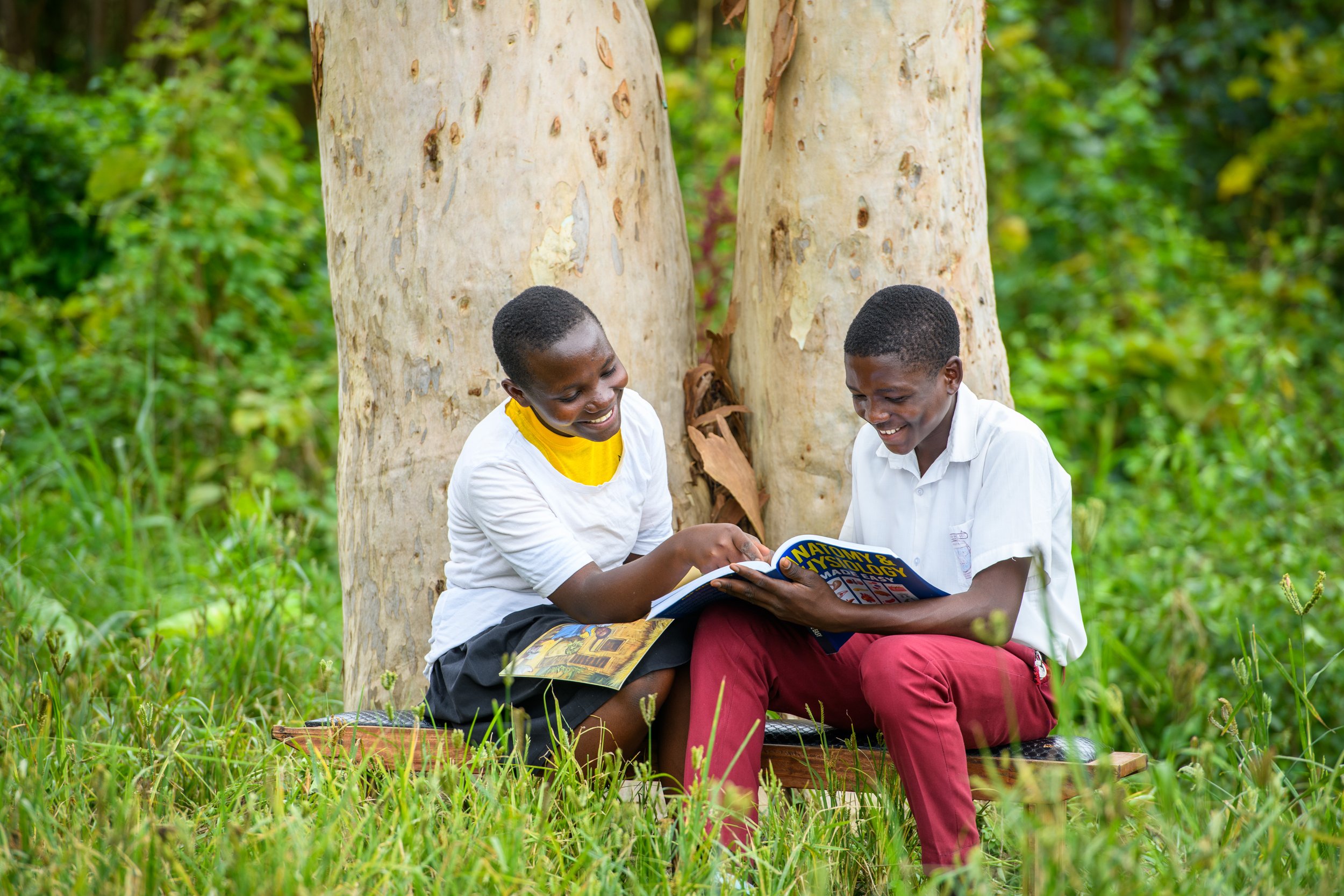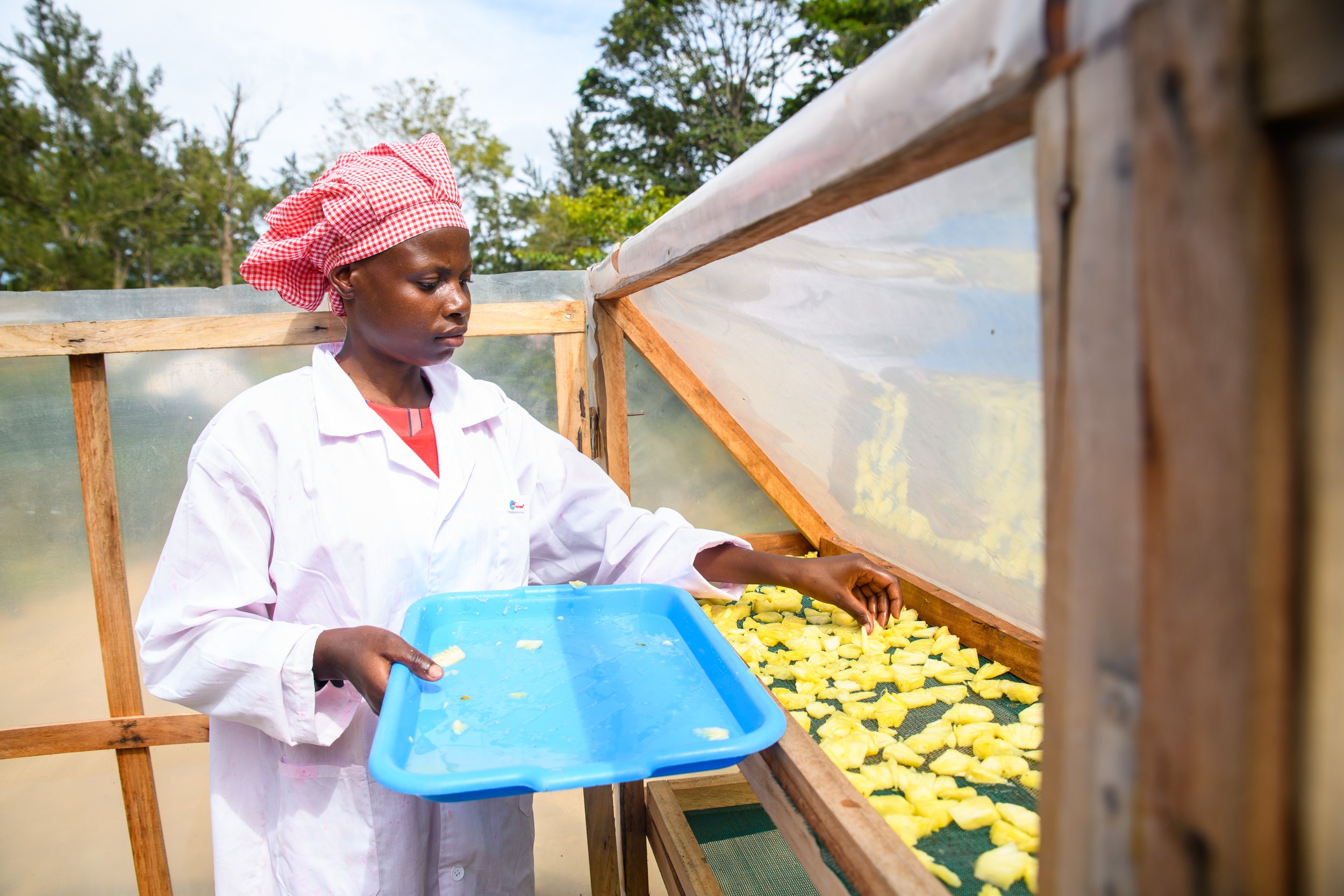Empowered through Plants: How Permaculture Gardens are Combatting Menstrual Stigma in Uganda
Male and female students learn how to plant gardens that support female health
In Uganda, menstrual stigma persists as a pervasive issue affecting the lives of countless women and girls. Shockingly, a recent national study revealed that over 60% of Ugandan girls face exclusion, shame, and ridicule due to their menstrual cycles. Cultural norms, inadequate access to menstrual hygiene resources, and limited education on the subject contribute to the perpetuation of this stigma. This has had devastating consequences for girls’ school attendance rates, mental health and sport participation rates.
Often, complex social problems require unique solutions. In late 2022 Canadian charity, Girls of Tomorrow Foundation, embarked on an innovative project in partnership with five Ugandan schools and a community center, aiming to revolutionize menstrual health education. With a grant from Global Affairs Canada, this 11-month initiative sought to empower young girls through the creation of female-centered permaculture gardens, ultimately challenging and dismantling menstrual stigma.
“[They taught] us how to incorporate nutrition during menstruation. We learned how to make different foods, fruits and vegetables, to support the menstrual cycle and I know students can do it even if they’re at home and their diet will improve and their health will improve.” —Male Teacher
During the project, boys and girls learned how to create permaculture gardens at their schools. What made the program unique, however, is that in the process students also learned how every plant was connected to female health and well-being. For example, students learned the millet could be consumed by menstruating girls to raise their iron levels. They also learned how to use banana fibres to make reusable menstrual pads.
“We grew up using a banana stalk at home for mulching our garden and sometimes they just threw it away. I never knew that it could be of help to me during my menstruation…They taught us how to use a banana fiber to make menstrual pads and I was surprised because the pads are comfortable, washable and dry very fast. I shared this knowledge with my parents who later asked me to make a sample for them. They were also surprised at such an innovation.” —Female Student
The project's core objectives were clear: utilize permaculture education to increase support for girls' menstrual health and hygiene, boost girls’ self-esteem, and increase girls’ school attendance. Over the course of this transformative period, the results have been nothing short of extraordinary.
One of the most remarkable findings was the drastic reduction in absenteeism due to menstruation. At the project's outset, a staggering 66% of girls reported missing school at least once a month due to their period. However, after the 11-month period, this percentage reduced to 18%.
Not only have these gardens provided a sustainable source of nourishment and learning, but they have also fostered an environment of open dialogue surrounding menstrual health. Through workshops and discussions, girls gained a deeper understanding of their bodies, eroding the walls of stigma and misinformation.
“Boys attitudes on the myths related to menstruation have started changing because they now know that is normal to be in menstruation, and they no longer chase us away because of our period”—Female Student
“Before boys were seeing themselves as being superior to girls but in this project we were all taken to be at the same level” — Female Student
The Girls of Tomorrow Foundation hopes that their lessons can be replicated in other parts of the world, adapted with plants relevant to those contexts. It’s an opportunity for other communities to plant the seeds of change, tear down taboos, and empower the next generation of women.
For more information about Girls of Tomorrow Foundation and their projects, visit girlsoftomorrow.ca. The Girls of Tomorrow thanks Global Affairs Canada, Manitoba Council for International Cooperation (MCIC) and The Fund for Innovation and Transformation (FIT) for funding this project.


